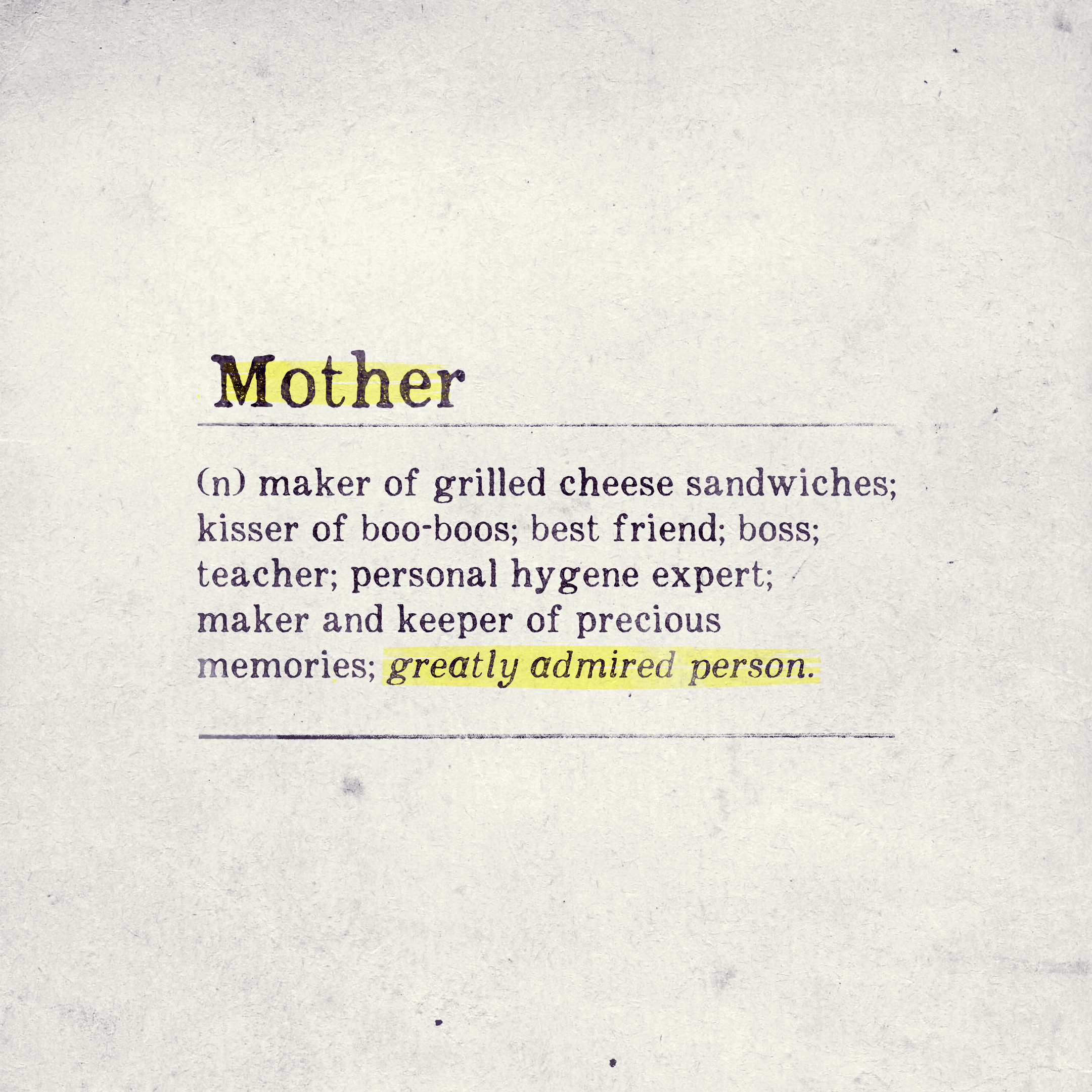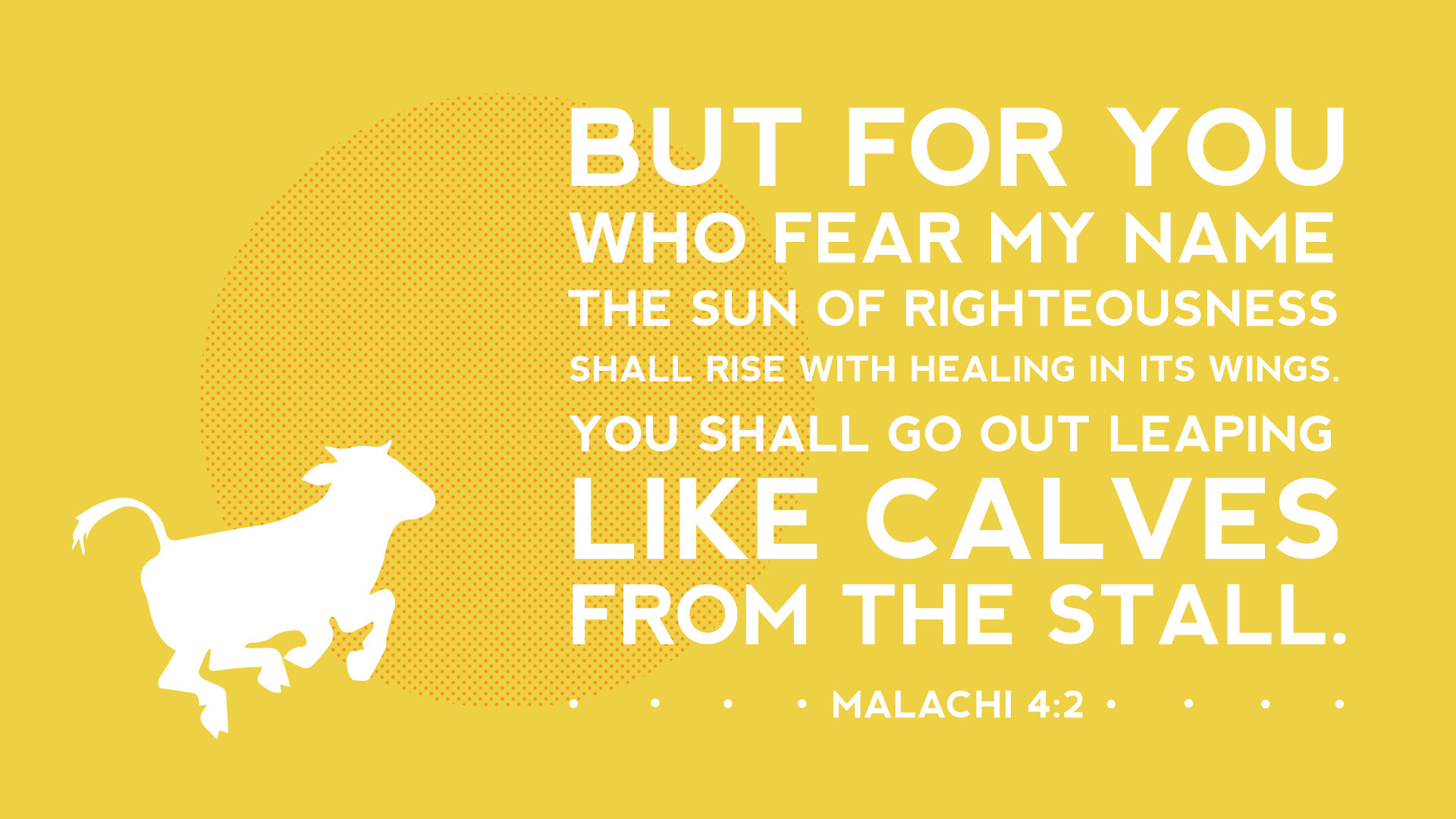Welcome to Northminster
Join us this Sunday!
Upcoming Events
The Latest from our blogs…

June 2025 Pastor’s Corner — Get In Shape
Posted on May 29, 2025 by David Garrison in Christian Living, General, HomePage, Local Service, Ministry, Missions, Pastor's Corner, Spiritual Growth | 3

For as in one body we have many members, and the members do not all have the same function, so we, though many, are one body in Christ, and individually members one of another. Having gifts that differ according to the grace given to us, let us use them: if prophecy, in proportion to our faith; if service, in our serving; the one who teaches, in his teaching; the one who exhorts, in his exhortation; the one who contributes, in generosity; the one who leads, with zeal; the one who does acts of mercy, with cheerfulness. — Romans 12:4-8
I’m willing to bet that just about every time you visit the doctor for your annual checkup, he or she says something along the lines of, “you’re a bit out of shape and need to eat healthier and get more exercise.” Then again, maybe that’s just what the doctor always tells me. Regardless, study after study has shown that we are becoming more physically sedentary and what we eat isn’t doing us any favors. Time and again Scripture reminds us that what is true physically is even more true spiritually, and that our spiritual needs are actually more important and pressing than our physical ones. If getting in shape physically is important for a healthy body, then getting in shape spiritually is essential for the Body of Christ.
In Philippians 4:19 it says, “my God will supply every need of yours according to his riches in glory in Christ Jesus.” God has provided everything we need in order to faithfully follow Him, and He has provided everything we need as a community of faith, the body of Christ, to fulfill the mission and work He’s given us. Knowing how God has formed and shaped us for mission and ministry is an essential part of our growth as disciples of Jesus Christ, and the church can not function as God has designed it if we don’t know where we fit in His Body. If you’ve been part of a church for a long time, you’ve likely heard talk about or been part of classes helping you learn your spiritual gifts, but how God has shaped us for ministry goes beyond just those gifts. A helpful acrostic to think about this is SHAPE — Spiritual gifts, Heart, Abilities, Personality, and Experience. While the gifts and personality God has given us might not change, our heart and abilities do, so where we might have had the ability to serve God in one way in our 20s, when we’re in our 60s or 70s our ability is different. The invitation and call to serve is still there, but how God is inviting us to live that out changes.
Knowing our SHAPE is just one part of the puzzle, though. It’s also about looking at the ministry and service needs of the Body here at Northminster and seeing where out SHAPE fits into those opportunities. As Frederick Buechner once wrote, “The place God calls you to is the place where your deep gladness and the world’s deep hunger meet.” To push the analogy perhaps a bit too far, if you discover that your spiritual SHAPE is a circle, then we want to make sure we aren’t trying to make you fit in a square hole at the church. If our gifts don’t align with ministry opportunities, then we can find ourselves getting burned out and frustrated. On the other hand, when the two do line up, we are energized and excited.
To help us all discover how God has formed and shaped us for ministry and find out what opportunities to use those gifts exist, we are having a 4-week Sunday School class that begins on Sunday, June 15. We’ll look at the biblical foundation for knowing and using our gifts; explore how our passion, abilities, personality and experiences are used by God in shaping us for ministry; discover the different kinds of spiritual gifts the Holy Spirit provides; and take a look at some of the ministry opportunities in and through Northminster. Whether you’ve been walking with Jesus a part of Northminster for a few months or many decades, we believe there is something for all of us to discover and learn through this class.
As time passes, our physical abilities change. Sometimes, the same is true for how we are to make use of the spiritual gifts and abilities God has given. The call to serve never goes away, but how we serve changes as we change. Join us for the Get In SHAPE class beginning June 15 and discover how God is inviting you to serve Him and His Body during this season of life. We look forward to exploring this with you.
For just as the body is one and has many members, and all the members of the body, though many, are one body, so it is with Christ. For in one Spirit we were all baptized into one body—Jews or Greeks, slaves or free—and all were made to drink of one Spirit. — 1 Corinthians 12:12-13
Blessings,
Rev. David Garrison
Read more...

News & Announcements for Sunday, May 25, 2025
Posted on May 22, 2025 by David Garrison in Announcements, General, HomePage, News | 4

JOIN US FOR SUNDAY SCHOOL
If you’re looking for an opportunity to grow as a disciple of Jesus Christ, we encourage you to join us Sunday mornings for a intergenerational Sunday school class, from 9:30-10:30. We look forward to seeing you!
MIDWEEK PRAYER – WEDNESDAYS @ Noon
Please join us on Wednesdays at noon for a time of prayer in the sanctuary as we bring our needs before our loving God.
REFOCUS WORKSHOP – SATURDAY, MAY 31, 10AM-4PM
Join us for a one-day workshop helping us ReFocus on our mission as a church for the Kingdom of God. This event is put on by the New River Presbytery. Members and leaders of Northminster and local EPC churches are invited and encouraged to attend. The cost is $20/person and covers lunch and materials. Learn more and sign up in the Church Center app or https://npcmh.churchcenter.com/calendar/.
WOMEN’S BIBLE STUDY – MONDAY, JUNE 2, 7PM
The Women’s Bible Study will meet next Monday, June 2 at 7:00 p.m. at Northminster. We are using the book, The Love Stories of the Bible Speak by Shannon Bream. We will be studying the second half of the chapter, “Jesus and John”, and will begin on page 246 at “The Inner Circle”. Read your book, complete your workbook pages and come ready to discuss and ask and answer questions. If you would like to, please bring a snack to share. Looking forward to seeing you on the 2nd!! As always, please feel free to bring a friend!
MISSION FOCUS FOR MAY: HELPING HANDS
Our mission focus for the month of May is Helping Hands of Amherst County which help citizens of Amherst County who need an occasional helping hand with necessities such as food, electric bills, rent and water bills when children or medical needs are present. It is administered out of Madison Heights Baptist Church. You may make a donation by specifying ‘Helping Hands’ on your check memo line.
DOWNLOAD THE CHURCH CENTER APP
Search for “Church Center” in your favorite app store on your phone to download our app! In the app are the church calendar, the online church directory, small group and volunteer opportunities, and more. You can also go to npcmh.churchcenter.com in any browser.
Read more...

News & Announcements for Sunday, May 18, 2025
Posted on May 15, 2025 by David Garrison in Announcements, General, HomePage, News | 4

JOIN US FOR SUNDAY SCHOOL
If you’re looking for an opportunity to grow as a disciple of Jesus Christ, we encourage you to join us Sunday mornings for a intergenerational Sunday school class, from 9:30-10:30. We look forward to seeing you!
MIDWEEK PRAYER – WEDNESDAYS @ Noon
Please join us on Wednesdays at noon for a time of prayer in the sanctuary as we bring our needs before our loving God.
WOMEN’S BOOK CLUB – THURSDAY, May 22, 11AM
The Women’s Book Club will meet next Thursday, May 22 at 11:00 a.m. at the Depot Grille. This month’s book is Why the Universe Is the Way It Is by Hugh Ross. Regarding refreshments, we are asking everyone to bring a little something to share. We look forward to seeing you next Thursday, whether you’ve read the book or not!
REFOCUS WORKSHOP – SATURDAY, MAY 31, 10AM-4PM
Join us for a one-day workshop helping us ReFocus on our mission as a church for the Kingdom of God. This event is put on by the New River Presbytery. Members and leaders of Northminster and local EPC churches are invited and encouraged to attend. The cost is $20/person and covers lunch and materials. Learn more and sign up in the Church Center app or by clicking here.
MISSION FOCUS FOR MAY: HELPING HANDS
Our mission focus for the month of May is Helping Hands of Amherst County which help citizens of Amherst County who need an occasional helping hand with necessities such as food, electric bills, rent and water bills when children or medical needs are present. It is administered out of Madison Heights Baptist Church. You may make a donation by specifying ‘Helping Hands’ on your check memo line.
DOWNLOAD THE CHURCH CENTER APP
Search for “Church Center” in your favorite app store on your phone to download our app! In the app are the church calendar, the online church directory, small group and volunteer opportunities, and more. You can also go to npcmh.churchcenter.com in any browser.
Read more...

News & Announcements for Sunday, May 11, 2025
Posted on May 7, 2025 by David Garrison in Announcements, General, HomePage, News | 6

JOIN US FOR SUNDAY SCHOOL
If you’re looking for an opportunity to grow as a disciple of Jesus Christ, we encourage you to join us Sunday mornings for a intergenerational Sunday school class, from 9:30-10:30. We look forward to seeing you!
MIDWEEK PRAYER – WEDNESDAYS @ Noon
Please join us on Wednesdays at noon for a time of prayer in the sanctuary as we bring our needs before our loving God.
WOMEN’S BOOK CLUB – THURSDAY, May 22, 10AM
The Women’s Book Club will meet next Thursday, May 22 at 10:00 a.m. at the church. This month’s book is Why the Universe Is the Way It Is by Hugh Ross. Regarding refreshments, we are asking everyone to bring a little something to share. We look forward to seeing you next Thursday, whether you’ve read the book or not!
MISSION FOCUS FOR MAY: HELPING HANDS
Our mission focus for the month of May is Helping Hands of Amherst County which help citizens of Amherst County who need an occasional helping hand with necessities such as food, electric bills, rent and water bills when children or medical needs are present. It is administered out of Madison Heights Baptist Church. You may make a donation by specifying ‘Helping Hands’ on your check memo line.
DOWNLOAD THE CHURCH CENTER APP
Search for “Church Center” in your favorite app store on your phone to download our app! In the app are the church calendar, small group and volunteer opportunities, the online church directory, and more.
Coming Soon…
GET IN SHAPE CLASS
No, not physical shape – spiritual S.H.A.P.E.! God has given every believer gifts and shaped us for ministry and service. If you’re asking questions like, What are my spiritual gifts? How has God shaped me for service and ministry? Where do I “plug in?” What is God calling me to do in this phase of my life? Then this class is for you! We encourage every member of Northminster to join us for this, coming this spring.
Read more...

News & Announcements for Sunday, May 4, 2025
Posted on Apr 30, 2025 by David Garrison in Announcements, General, HomePage, News | 1

JOIN US FOR SUNDAY SCHOOL
If you’re looking for an opportunity to grow as a disciple of Jesus Christ, we encourage you to join us Sunday mornings for a intergenerational Sunday school class, from 9:30-10:30. We look forward to seeing you!
MIDWEEK PRAYER – WEDNESDAYS @ Noon
Please join us on Wednesdays at noon for a time of prayer in the sanctuary as we bring our needs before our loving God.
WOMEN’S BIBLE STUDY – MONDAY, MAY 5, 7PM
The Women’s Bible Study will meet on Monday, May 5 at the church at 7:00 p.m in the Tatman Room. We will be studying the chapter entitled, “Jesus and John – Friends for Eternity” in The Love Stories of the Bible Speak by Shannon Bream. Come prepared to share what you got out of the reading and any questions you might have. Please bring a friend and a food item to share with the group.
MISSION FOCUS FOR MAY: HELPING HANDS
Our mission focus for the month of May is Helping Hands of Amherst County which help citizens of Amherst County who need an occasional helping hand with necessities such as food, electric bills, rent and water bills when children or medical needs are present. It is administered out of Madison Heights Baptist Church. You may make a donation by specifying ‘Helping Hands’ on your check memo line.
DOWNLOAD THE CHURCH CENTER APP
Search for “Church Center” in your favorite app store on your phone to download our app! In the app are the church calendar, small group and volunteer opportunities, the online church directory, and more.
Coming Soon…
GET IN SHAPE CLASS
No, not physical shape – spiritual S.H.A.P.E.! God has given every believer gifts and shaped us for ministry and service. If you’re asking questions like, What are my spiritual gifts? How has God shaped me for service and ministry? Where do I “plug in?” What is God calling me to do in this phase of my life? Then this class is for you! We encourage every member of Northminster to join us for this, coming this spring.
Read more...









